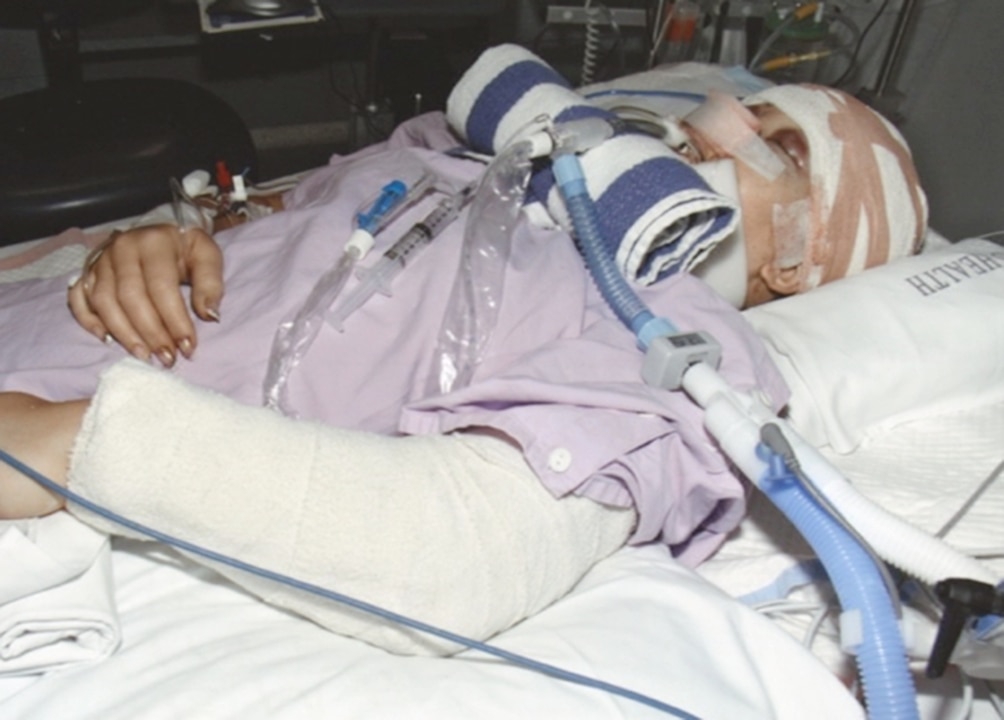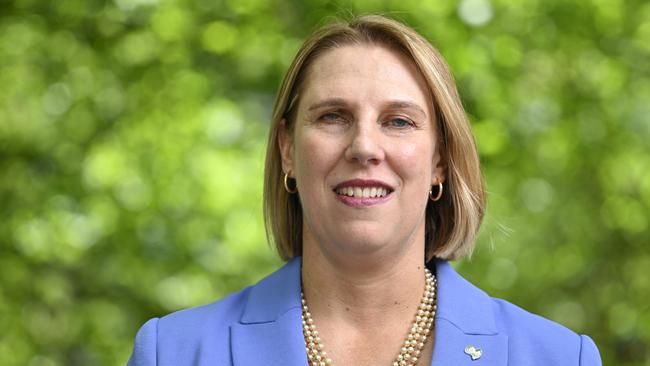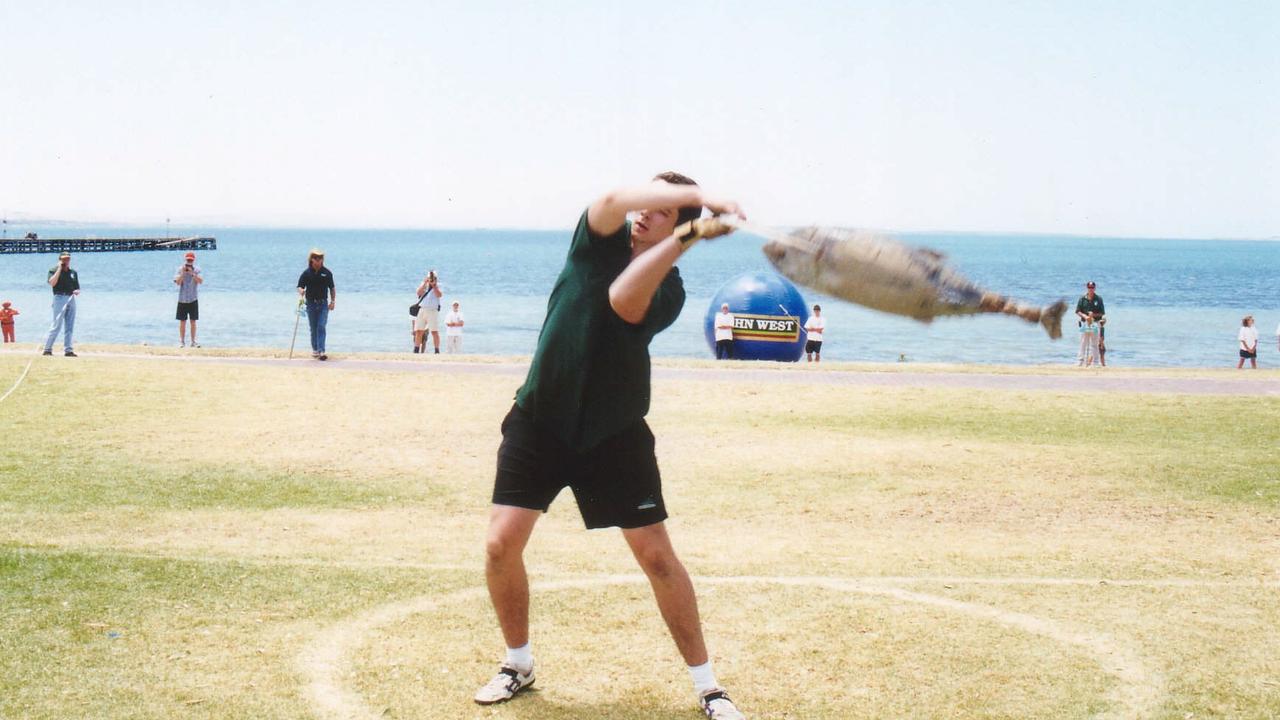Regional children and women forced to travel to cities for sexual assault testing
Sexual abuse survivors are being forced to endure hours unwashed and unchanged as they wait for forensic evidence to be collected.

SA News
Don't miss out on the headlines from SA News. Followed categories will be added to My News.
Children who have been sexually assaulted are waiting hours to have forensic evidence collected, without being allowed to wash or change their clothes.
The dire situation has prompted calls for more trained health workers to conduct examinations and better use of technology to help victims in remote areas.
Experts have told The Advertiser that country children often must travel long distances after an alleged assault to be examined by a specialist pediatrician.
“They’re made to stay in those same clothes for hours while you’re transported by car or plane,” explained Australian Centre for Child Protection director Leah Bromfield.
“That’s a really long time for a child not to be able to change their clothes, not to be able to have a shower.”

Professor Bromfield said in one case in Tasmania it took “almost 24 hours … driving across the state from the north west to Launceston and then waiting for a pediatrician”.
In Western Australia children have had to be flown out of the Pilbara.
“If you only have paediatricians centrally-located … and you’re in a state like South Australia, Western Australia or Queensland … then we get a chartered plane.
“All these hours are ticking by … to organise for the child to be transported. Then you’ve got to wait for someone to come in, because they might be on call. So six hours is not going to be unusual.”
SA Health says there are 19 clinicians trained in forensic medical examinations across regional SA – up from five in 2019.
A spokeswoman said SA Health “hopes to implement” a new model this year which will enable victims 16 or older to “have the choice to access examinations closer to home”.
“Careful and considered work is being undertaken to improve access to forensic health examinations in regional areas,” she said.
It follows revelations about similar delays for adult victims which emerged in evidence to a royal commission into domestic, family and sexual violence in SA.
SA Health data shows women made up 21 per cent of the forensic exams conducted at the Women’s and Children’s Health Network between January 2023 and July 2024.
Those women were forced to travel more than an hour to be seen.
Professor Bromfield said the “gold standard” for a child victim was an exam by a specialist pediatrician in a specified room where evidence could not be contaminated.
However there were not enough trained paediatricians, and certainly not in country areas, she said.
Instead, Professor Bromfield called for more nurses to receive training to take swabs and document injuries at a local GP or urgent care clinic.
“Of course we want any prosecution of child sexual abuse to have the best chance of success, but not at the expense of unnecessary psychological damage to children,” she said.
The Australian Clinical Forensic Medicine Alliance has been lobbying federal MPs to consider using video call technology to link GPs or nurses in regional areas with experts to provide advice in real time.
For support phone 1800 RESPECT.
More Coverage
Originally published as Regional children and women forced to travel to cities for sexual assault testing




